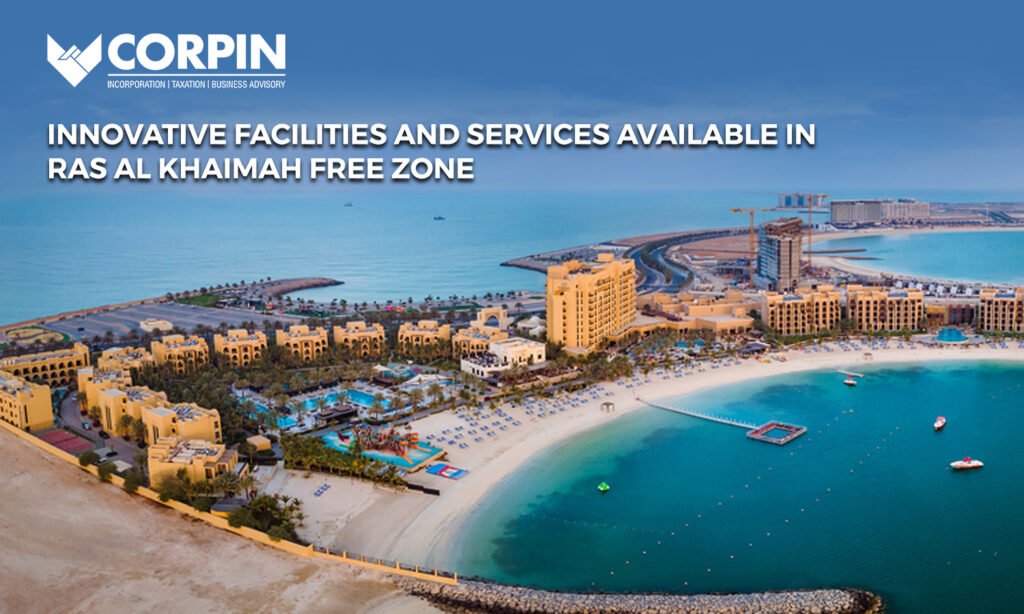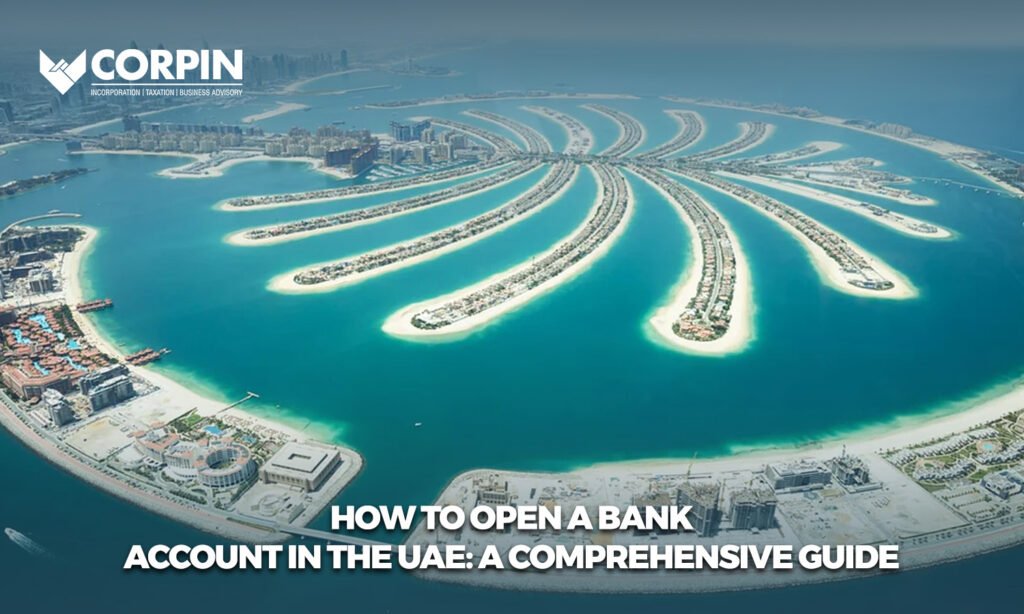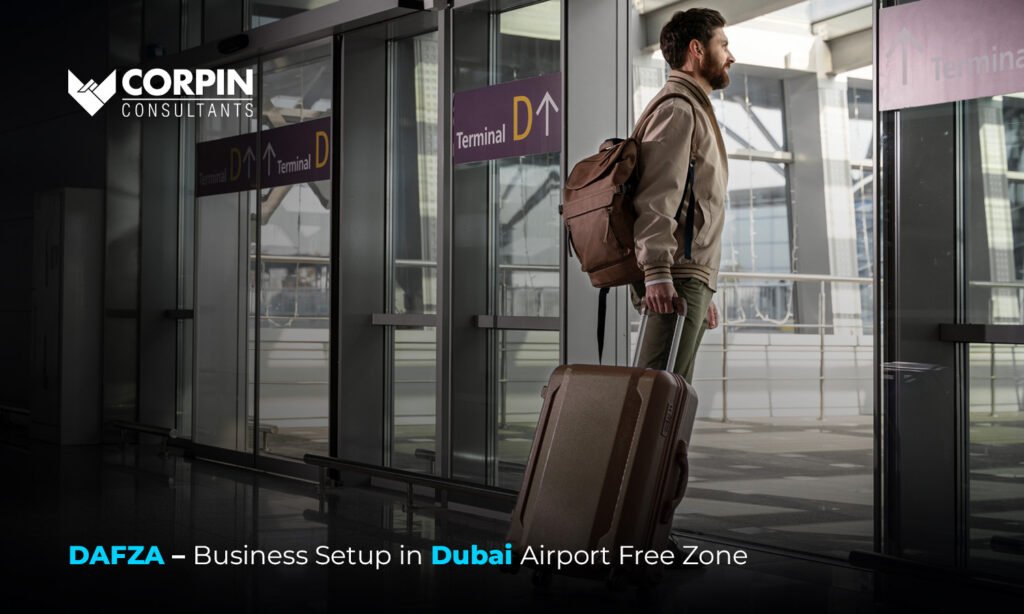Corpin Consultants Participate in Future Blockchain Summit 2024: Empowering Blockchain Entrepreneurs!
Corpin Consultants is proud to announce its active participation in the Future Blockchain Summit 2024, which is taking place from October 13-16 at Dubai Harbour. This ongoing event serves as a significant hub for innovators in blockchain, Web3, and digital transformation. CEO Ebi Kadavan is representing the company at the event by demonstrating its dedication to encouraging the blockchain industry through company formation services. Corpin Consultants aims to connect with leaders and entrepreneurs looking to set a company formation in blockchain space by offering them specialized support. Insights into Future Blockchain Summit 2024 The Future Blockchain Summit is one of the renowned global platforms dedicated to advancing blockchain technology, Web3, and the digital economy. It plays an important role in bringing together thought leaders, tech pioneers, investors, entrepreneurs, and government officials from across the world. The event provides a platform where innovators from across the world come to discuss the future of blockchain, showcase advancements, and demonstrate how the technology can transform industries such as finance, healthcare, logistics, and more. The 2024 edition of the summit has a confluence of 100 global blockchain and Web3 companies, presenting their innovations through exhibition stands, interactive demos, and thought-provoking panels. It is set to address various topic such as decentralized finance (DeFi), digital assets, NFT markets, smart contracts, and more. Corpin Consultants at the Summit: Supporting Entrepreneurial Success With years of experience in business advisory and company formation, Corpin Consultants has become a trusted partner for entrepreneurs looking to establish and grow their businesses in Dubai. The firm provides comprehensive support across various aspects of company formation, including regulatory compliance, documention support, assistance with bank account and visa formalities, legal frameworks, intellectual proeprty proetction, and market entry strategies. For blockchain startups and technology-driven businesses, meeting the legal and regulatory complexities is crucial. Corpin Consultants ensures that entrepreneurs can focus on innovation while leaving the operational intricacies to the experts. Entrepreneurs attending the event can benefit from Corpin’s deep insights into how Dubai’s regulatory environment supports blockchain and fintech innovation and how it is makes it ideal for new business ventures. With CEO Ebi Kadavan leading the way, the firm is set to offer unparalleled expertise and services to businesses and entrepreneurs looking to capitalize on the transformative power of blockchain. For more information on how Corpin Consultants can help with setting up a blockchain company in the UAE, call Ebi Kadavan at +971 55 843 2911, or you can email us at info@corpinconsultants.com to schedule a meeting. today!












 Book your Free Consultation
Book your Free Consultation